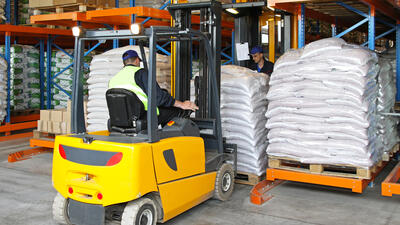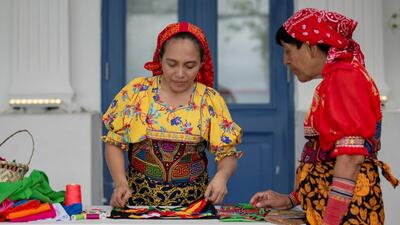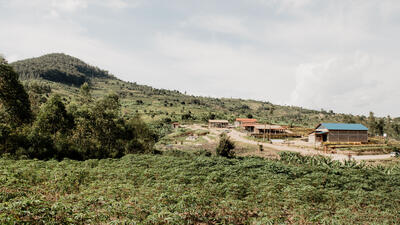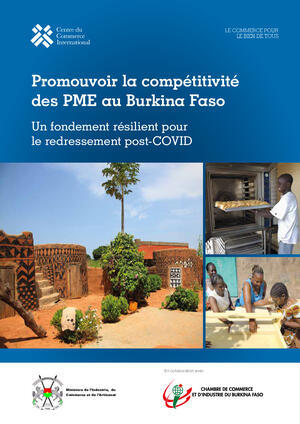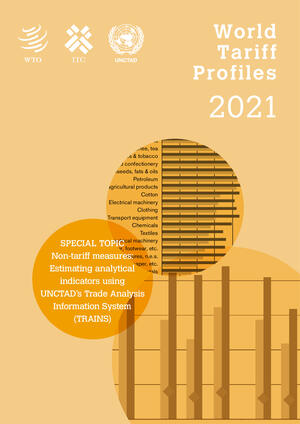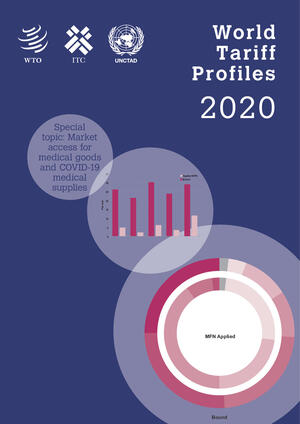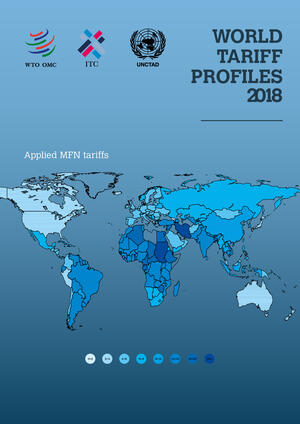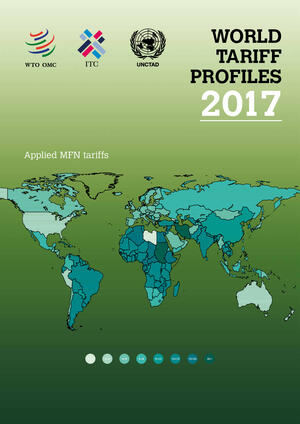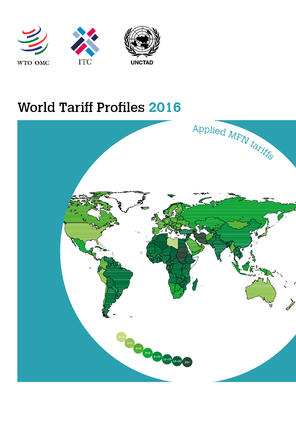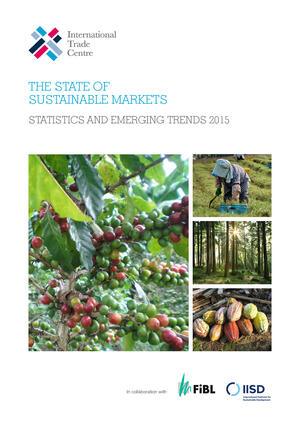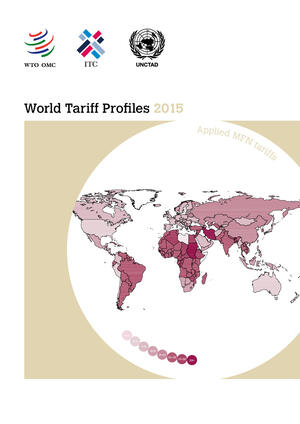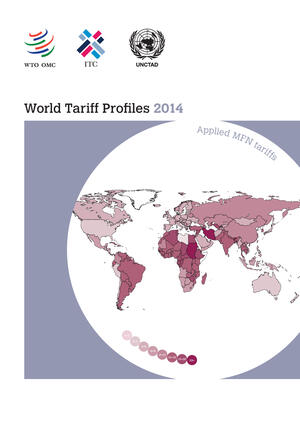Report: Farmers show resilience in face of COVID-19 crisis
Smallholder farmers are taking emergency measures to adapt to the COVID-19 crisis and preparing long-term strategies to regain competitiveness, a new International Trade Centre report finds.
Farmers are the ‘unsung heroes’ of the catastrophe, argues the report, showing that ‘business as usual’ will not be enough in the post-pandemic future.
‘These farmers produce food that sustains us and contribute food security,’ ITC’s acting Executive Director Dorothy Tembo said. ‘Meanwhile, they deal with challenges linked to a triple livelihood crisis triggered by climate change, volatile commodity prices and the COVID-19 global pandemic.’
The report, Unsung Heroes: How Small Farmers Cope with COVID-19, builds on interviews in 11 countries to describe how lockdown measures and transport restrictions are leading to higher costs; logistical bottlenecks; input, cash flow and supply ruptures; and drops and shifts in demand for small farmers.
Resilience today, growth tomorrow
As the pandemic spreads, farmer communities are working to protect the health of producers, ensure food security, create solidarity networks for social protection, keep cash flow and investment intact, and make sure that information continues to flow.
To compete in the future, they are seeking to diversify their crops and markets, add value, innovate, establish partnerships, cut costs and digitalize their businesses. They are also building alliances for production and commerce, and securing partnerships for more equitable trade.
Interviews in the report point to broad strategies that will enable survival and economic recovery.
Marike de Peña, co-founder of Dominican banana farmers’ cooperative Banelino, said such strategies include diversification, by setting up integrated, climate-smart production systems with food crops, cash crops and agroforestry.
Farmers must also examine new markets and add value to their goods to compete in domestic and regional markets. The report shows that many already are doing just that.
Prodecoop, a Nicaraguan farmer cooperative, now has its own value-added roasted brand for domestic and regional consumption. Ethiopia’s Bench Maji Coffee Farmers Cooperative Union, which mainly exports green coffee, is looking to add value by roasting specialty coffee beans. And Ghana’s Kuapa Kokoo Cooperative Cocoa Farmers and Marketing Union is exploring soap and protective mask production by women, targeting the local market.
Amid food import disruptions, farmers in small Caribbean and Pacific island nations are taking action to fill the gap. Karen Mapusua, who works in agricultural development for the Pacific Community, said local and regional markets are just as important as export markets.
Value chain alliances and digitalization
Producers also see partnerships as a steppingstone to future growth.
While there are many technology-based solutions to boost productivity, few smallholder farmers can afford them. Strategic alliances that lead to improved finance and adapted technology investments will help farmers scale up both their output and their incomes.
‘It’s very difficult to bear these extra costs,’ Ms. de Peña said. ‘Many small farmers probably will pull out if they don’t get some extra value in production.’
New markets and channels are also vital. Online marketplaces could boost sales, reach new customers, diversify products and create new revenue streams. Digital platforms will help bridge the gap between producers and consumers – responding to a growing trend.
Farmer communities are taking the initiative, and governments have already stepped in to help, the report finds. Innovative alliances will be the catalyst for lasting progress, the report concludes.










